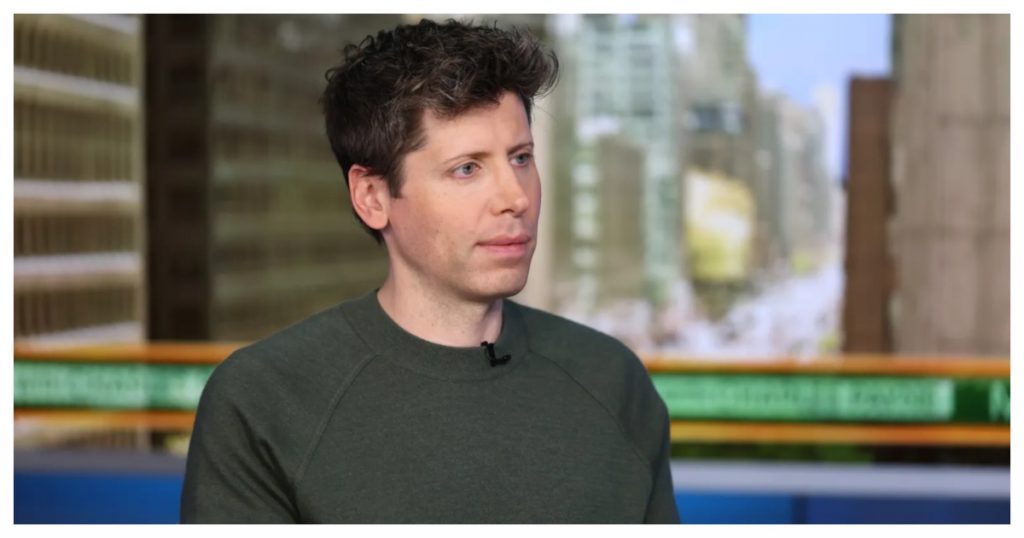AI has progressed rapidly over the last few months, and people with a ring-side view of the progress seem to be getting more and more bullish on its prospects.
OpenAI CEO Sam Altman has said that AI will eventually cause 100 years worth of science research to happen in a single year. “There are many reasons I’m excited by AI,” he said at an event. “We touched on this a little bit earlier. The single thing I’m most excited about is what this is going to do for scientific discovery. I believe that if we can accelerate scientific discovery, we can do 10 years of science in one year and someday, a hundred years of science in one year,” he added.

“What that’ll do to quality of life, like solving our most pressing problems, addressing the climate, making life just better in all sorts of ways, curing disease — that will be an incredible gift. And I think AI is finally going to enable that,” he added.
Altman isn’t the only AI luminary who believes that AI will greatly accelerate progress in scientific research. In November last year, Anthropic CEO Dario Amodei had said that AI would lead to 100 years worth of scientific progress in 5-10 years. “What happens when you just instantly invent everything that could be invented? If we look at the next hundred years of what we are trying to invent in science and engineering, perhaps all of that could happen in five or 10 years,” he had said.
And there’s perhaps reason for tech leaders to believe that AI will be transformational for scientific research. Advanced models like OpenAI’s Deep Research can read scientific literature and carry out advanced analysis of all manner of topics. These AI models can produce results exponentially faster than humans, and can work without breaks 24 hours a day. If these models were unleashed on a particular problem, it’s quite likely that they’d eventually making breakthroughs much faster than human scientists. Also, AI systems have been getting better and better at scientific tasks — OpenAI’s o3 model managed an accuracy of 87 percent on a PhD-level science questions benchmark, and an accuracy of 25 percent on Frontier Math, which has such hard problems that they can take the world’s top mathematicians days to solve. And with AI systems seemingly getting better every day, it’s not too much of a stretch to assume that they could end up radically speeding up science research in the years to come.